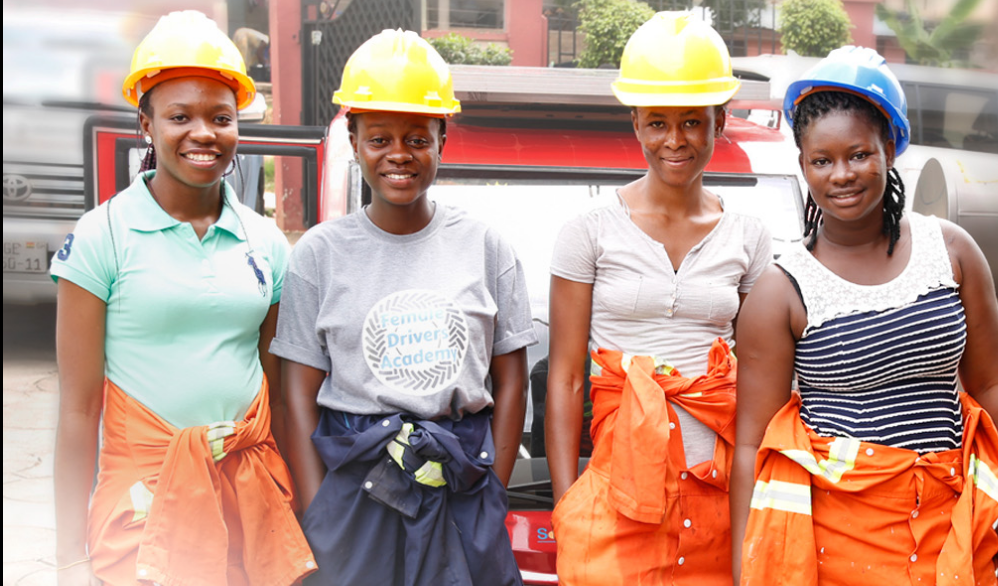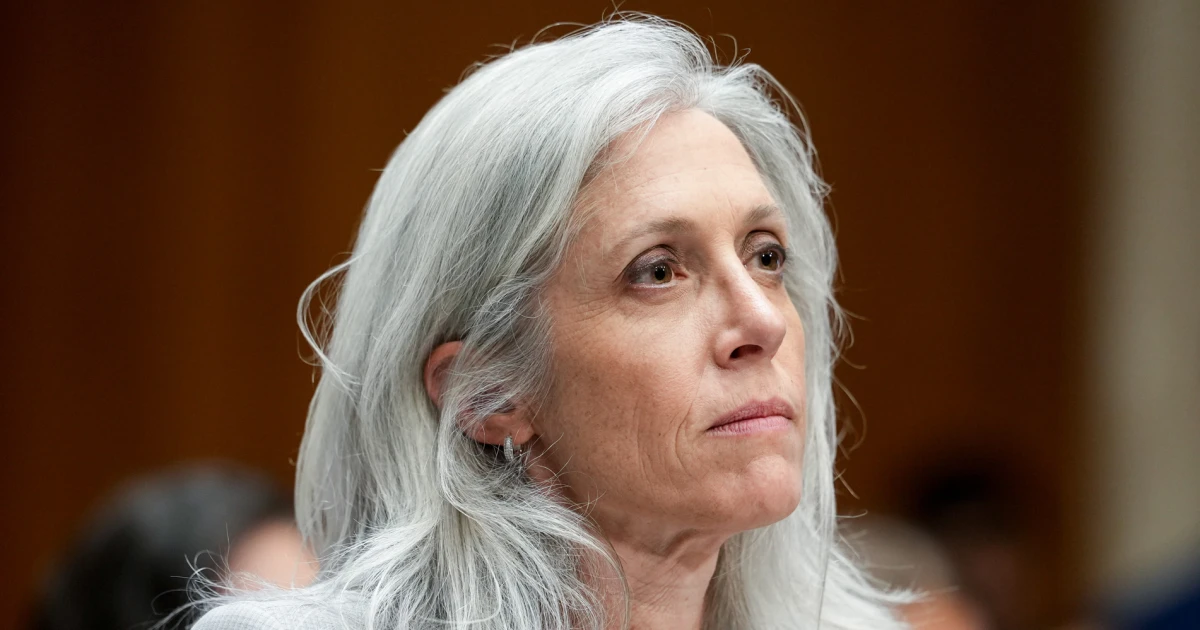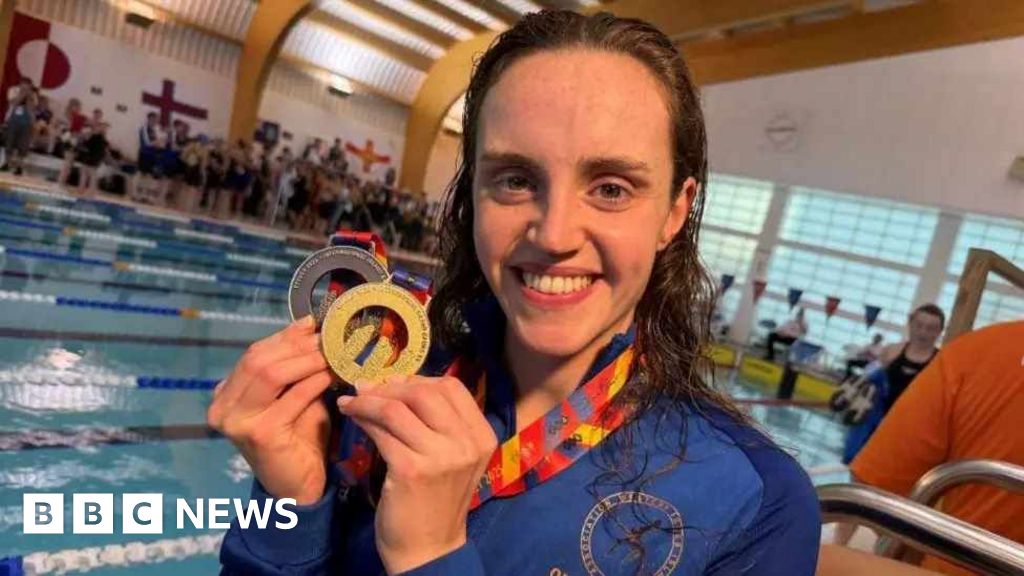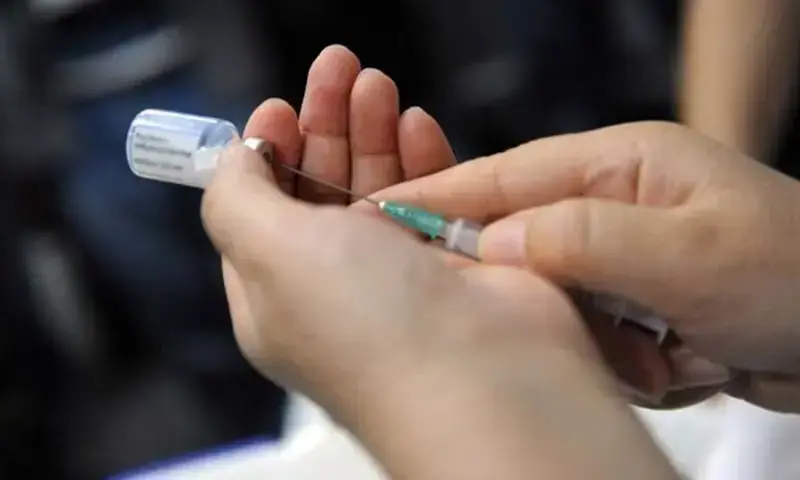By D.O. Akintoye
Copyright pulse

The Mastercard Foundation says it is on a mission to empower 30 million Africans with dignified and fulfilling work by 2030, with Nigerians set to receive a third of that commitment.
At a media roundtable in Lagos on Friday, the Canadian-based non-profit, which shares a name with Mastercard Inc. but runs independently, announced that 10 million Nigerians will benefit from its flagship Young Africa Works initiative.
According to Wura Tunde Anjous, Country Head of Communications, the Foundation’s strategy deliberately places young women at the heart of its work. Seventy per cent of its beneficiaries will be women, while men, persons with disabilities and other vulnerable groups are also included.
She explained that the Foundation is leveraging education to upscale and transform the competencies of young people, especially young women, not just for the local market but so they can compete globally.
The Foundation illustrated this commitment with examples of women breaking barriers across Nigeria. At the popular Ariaria market in Aba, a young woman named Joy became the first female to take up work in the male-dominated garment sewing industry. In Northern Nigeria, young women are venturing into poultry and livestock farming, while in the South West, others are tapping into the cassava value chain by developing stems for commercial use.
Since launching operations in Nigeria in 2019, the Foundation says it has already reached 4.6 million young people through its interventions, nearly halfway to its 2030 target of 10 million.
During the discussion, Pulse asked whether the Foundation’s popular Scholars Program overshadows its other initiatives. Tunde Anjous explained that although the program remains the Foundation’s oldest global initiative, running for more than 12 years, it represents only one part of a wider portfolio. She added that the first Nigerian partnership under the program was launched in 2024 through a collaboration with Pan Atlantic University in Lagos.
The strong emphasis on women drew questions from the press on whether the approach sidelines men in a country where economic challenges affect everyone. Responding, Tunde Anjous said the aim is not to neglect men but to ensure that women are empowered to complement them. According to her, men have long been overburdened as sole breadwinners and supporting women helps create balance within households and communities.
Other officials at the roundtable highlighted the sectors where Young Africa Works is creating opportunities. These include agriculture, the digital economy, creative industries such as film, music, fashion, and leather goods, as well as innovation.
With unemployment and underemployment still pressing issues in Nigeria, the Foundation’s goal of lifting 10 million people into dignified and fulfilling work by 2030 is both ambitious and urgent. With 4.6 million already impacted, the next few years will determine how much of this bold promise can be translated into reality.



